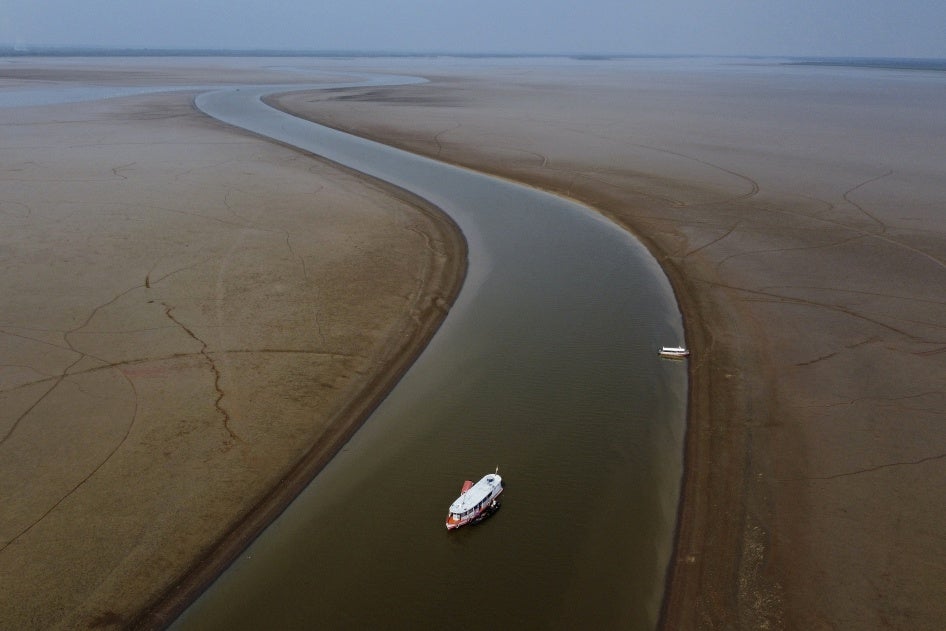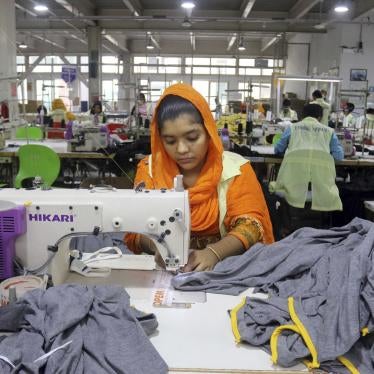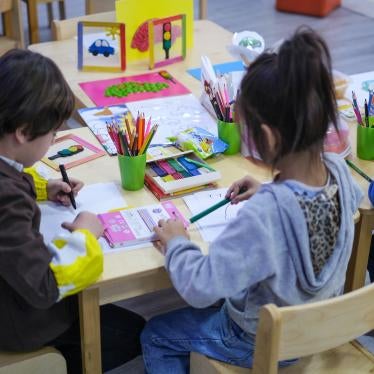Data confirms that the impacts of the climate crisis fall hardest on countries and people who are already struggling and who have contributed the least to climate change. But the right policies can both confront the climate crisis and protect and improve people’s social and economic rights.
Low- and middle-income countries are disproportionately vulnerable to rising sea levels, severe storms, and extreme heat due to climate change, and marginalized people are most susceptible to the damage caused by these events.
To make matters worse, when policies intended to confront the climate crisis are poorly designed, they can also fall hardest on people who are less well-off, widening inequalities. For example, policies that increase energy costs without an adequate redistribution mechanism – such as flat carbon taxes or removing fossil fuels subsidies – risk increasing the cost of living, which can weigh most heavily on those with the lowest incomes. This can make people feel like they are forced to choose between feeding their families and a livable planet.
But correctly designed climate policies could help mitigate inequality in economies. At COP27, the 2022 UN Climate Change Conference, states established the Just Transition Work Programme (JTWP) to start doing just that. The scope and design of the JTWP, which is a process to generate ideas and build consensus among governments, was further developed at COP28. The resulting final declaration calls for two annual dialogues, think formal discussions. It also identifies key topics within the scope of a just transition, such as the socioeconomic dimension of transition, sustainable development and poverty elimination, social protection and labor rights, and international cooperation.
Today, the Climate Action Network, a global network of more than 1,900 civil society organizations, including Human Rights Watch, urged the JTWP to focus its dialogues on ensuring that countries’ approaches to enable a just transition are inclusive and participatory. Dialogues should also focus on the mobilization of resources to support people whose incomes, access to resources, or eco-systems are harmed by the transition. The JTWP should also address agricultural and food systems, and the impact of climate policies – such as removing fossil fuel subsidies – and universal social security.
The stakes are high. By aligning climate policies designed to decarbonize our economies with human rights, we can transition to both environmentally sustainable and fairer economies, avoiding the worst impacts of climate change.










